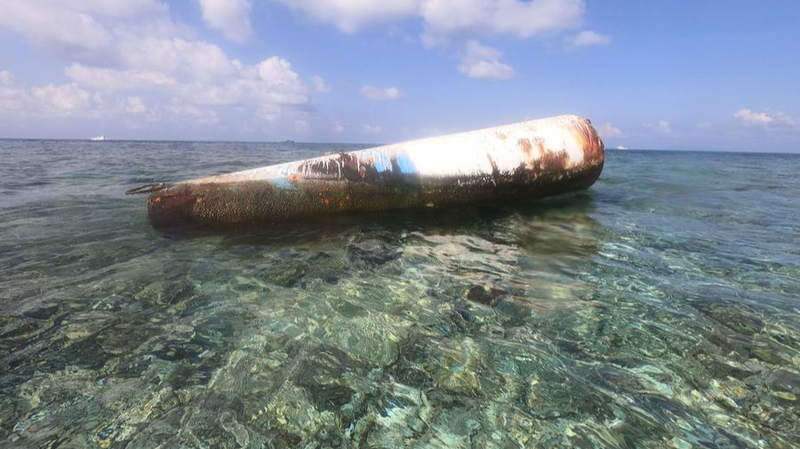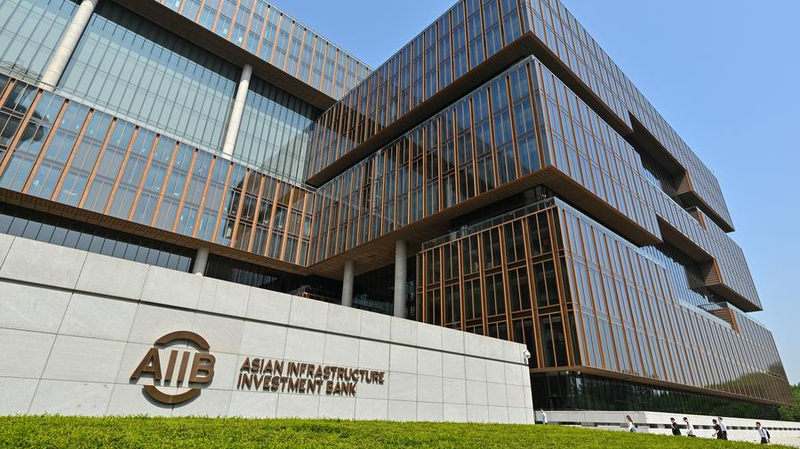Hey there, trendsetters! Director Baby Ruth Villarama is stirring up conversations with the upcoming documentary Food Delivery: Fresh from the South China Sea. The film spins a story where Filipino fishermen step up as national heroes, fiercely defending their sovereignty. But as cool as that sounds, there’s more beneath the surface. 🌊
The documentary celebrates fishing as more than just a livelihood for over 1.9 million Filipinos—it transforms everyday work into a symbol of national pride. While this emotional narrative packs a punch, it conveniently sidesteps some hard-hitting issues, like environmental degradation and labor exploitation, which are critical in today’s fast-changing world.
Let’s break it down: destructive practices like cyanide and blast fishing have been taking a toll on the marine ecosystem. Cyanide fishing, which kicked off in the 1960s to supply the international aquarium trade, offers a tempting profit boost (a Filipino fisherman might earn between 300 and 1100 pesos for a live coral trout 💸). Sadly, this method devastates vibrant coral reefs and jeopardizes future food security.
On top of that, labor exploitation continues to cast a long shadow over the industry. Despite earlier exposes like the 1999 film Muro-Ami, many in the fishing community still face challenging and hazardous working conditions—issues that rarely make headlines when patriotic narratives take center stage.
In essence, while Food Delivery: Fresh from the South China Sea captivates with its stirring portrayal of national struggle, it also reminds us to look deeper. The film’s selective storytelling begs us to balance emotional appeal with a clear view of environmental and labor realities. So next time you catch a documentary, remember: every story has more layers than meets the eye. Stay curious, stay informed, and keep questioning! 🎥
Reference(s):
cgtn.com




